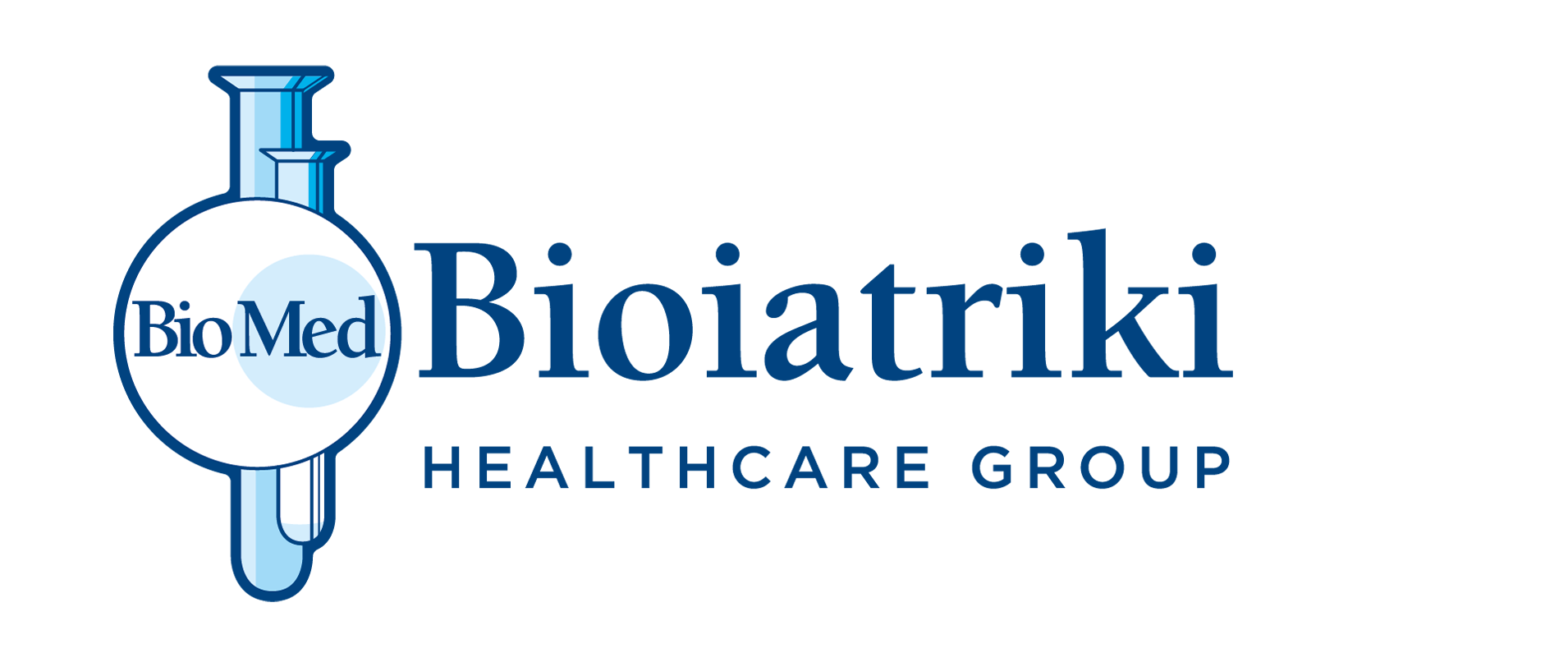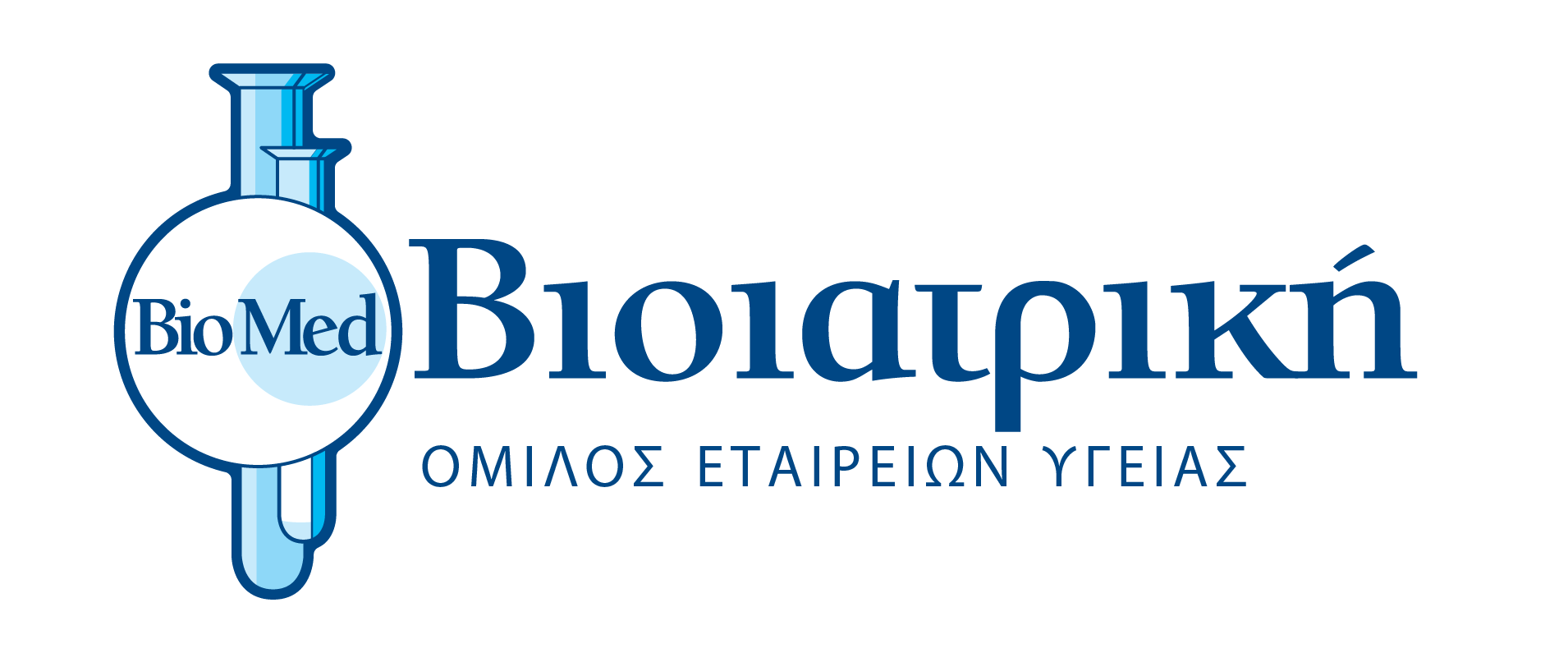by Kyriakos Yiannoukas*
As temperatures drop and mass gatherings in enclosed spaces increase, the risk of transmitting viral infections is particularly heightened. The increase in cases of Covid-19, influenza, and even common cold is by no means a coincidence, especially following the Christmas holidays. There has been a notable increase in cases recently, particularly in the children, with the respiratory syncytial virus (RSV) playing a significant role. While most of the world is adequately informed about influenza and Covid-19, at least in terms of basic information (transmission methods, treatment, etc.), public awareness regarding RSV is arguably insufficient. Below, we will attempt to provide information about this virus in a simple and understandable manner.
- What is RSV?
RSV is a virus that affects the lungs and respiratory airways, causing symptoms like those of the common cold. It typically affects infants and children, as well as elderly individuals or adults with weakened or compromised immune systems. It is the most common cause of bronchiolitis (inflammation of the small airways of the lungs) and pneumonia (lung infection) in children under the age of one. There are two distinct types of RSV, and each of us can be infected more than once. The virus is highly contagious and spreads through respiratory droplets (coughing, sneezing, contaminated surfaces) or through contact (handshakes, kissing).
- What are the symptoms?
The symptoms of RSV are like those of the common cold: Runny nose, cough, sore throat. An adult infected with RSV may not have symptoms, while in children, the virus tends to manifest with symptoms. In individuals with a compromised medical history or in infants, the virus may lead to more severe conditions, such as bronchiolitis and pneumonia.
- How can we prevent being infected?
Prevention is crucial and can be achieved by following simple hygiene measures such as:
- Thorough handwashing.
- Avoiding contact with sick individuals.
- Cleaning surfaces with disinfectant.
- In the case of RSV, as well as other infections, it is important for adults to avoid smoking, while children should not be exposed to smoke.
- How is RSV diagnosed?
The diagnosis of RSV is typically based on the clinical presentation and symptoms of the patient. However, in some cases, laboratory confirmation is required, which can be done through specific tests such as viral culture, rapid antigen detection test, and molecular testing (PCR). Given the increased cases of various viral infections during this season, a valuable tool for expedited patient diagnosis—always under the guidance of the treating physician—is the use of multiplex viral detection tests. The most advanced test available today in Cyprus is the pentaplex test, a quick, point-of-care test that simultaneously detects antigens from five different viruses: influenza A, influenza B, adenovirus, RSV, and Covid-19. The procedure for conducting the test is straightforward, involving the collection of a nasopharyngeal swab.
The aforementioned tests are conducted in clinical laboratories and are crucial for confirming the diagnosis, especially in cases where symptoms are ambiguous or there is a need for diagnostic verification.
It is important for patients to consult their GP, who will recommend, based on their symptoms, the appropriate testing plan to ensure they receive the proper treatment.
*Biochemist, President of Yiannoukas Medical Laboratories, BIOIATRIKI Healthcare Group in Cyprus










